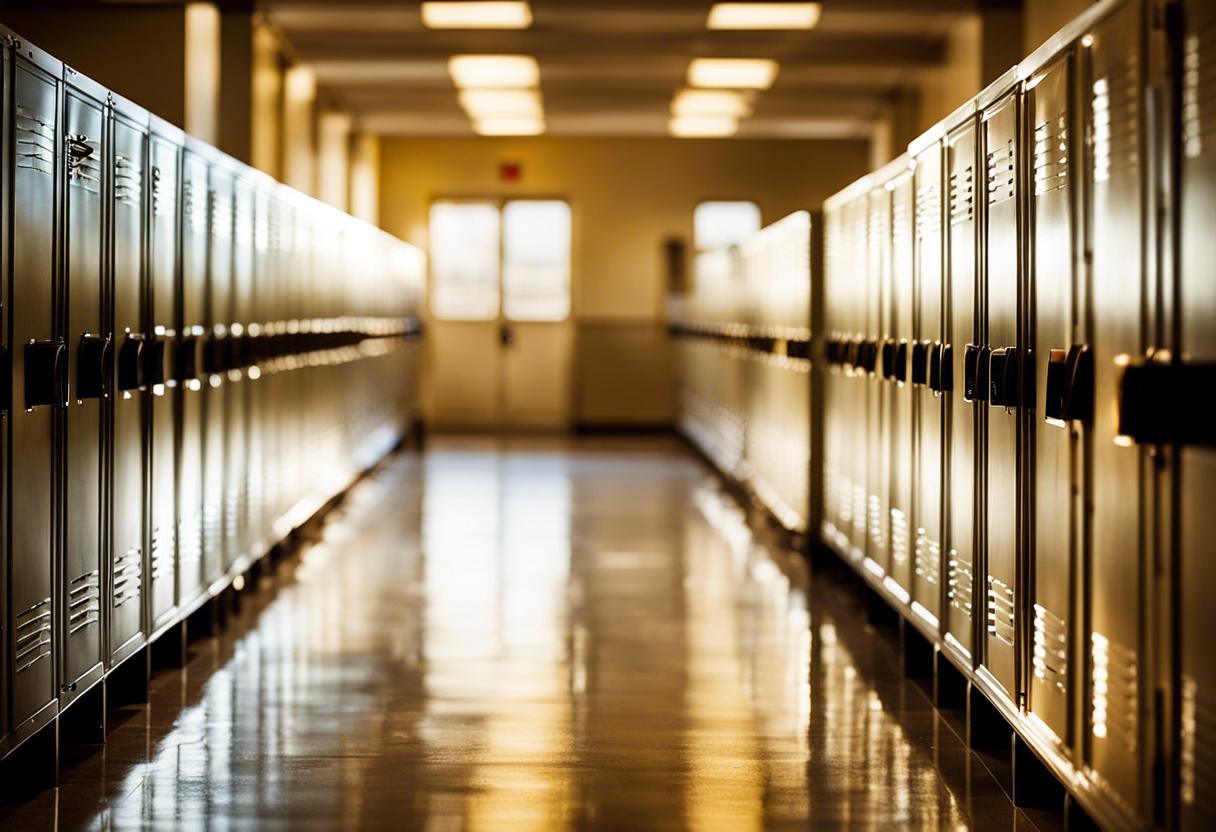Principal Róisín Hickey believes that the core essence of primary education is to act as a nurturing space where children can grow, learn, and interact with their peers. However, for a growing number of students, the reality seems discordant.
Hickey, the head of Our Lady of Victories Boys’ National School in Ballymun, Dublin for the last three years points out that one of the key issues is the students’ unavailability for learning. She describes this as an inability to grasp success, which can manifest in various forms such as violent episodes or a complete lack of interest, choosing to mentally disengage from the process.
According to Hickey, more kids are now grappling with mental health concerns which could possibly stem from situations like traumatic events, unstable family dynamics, homelessness threats, or anxiety following the spread of the global pandemic.
Her school isn’t an isolated case. A contemporary study involving 19 schools in the Ballymun and Finglas districts – some of the most underprivileged regions in Ireland – suggests that nearly one in five students are perceived to require emotional and therapeutic support to navigate substantial childhood trauma or unfortunate experiences.
School principals have noticed several worrying indications among students, including school refusal, low self-esteem, adult distrust, difficulty controlling emotions, aggression, symptoms of depression, and even instances of self-harm or thoughts of ending their lives.
These observations coincide with the government’s ongoing efforts to integrate professional guidance services such as therapists and counsellors within schools. This has been triggered by an escalating trend of anxiety among students and compelling evidence from other regions implementing similar services.
The authorities are testing two distinct strategies. The first provides targeted counselling for a handful of primary students in counties including Cavan, Laois, Leitrim, Longford, Mayo, Monaghan, and Tipperary. The second extends a broader range of wellness and assistance programmes to school clusters in the Cork, Dublin, and Carlow regions. However, according to Paul Downes, Director of DCU’s Educational Disadvantage Centre and Education Psychology Professor, a generic wellness programme can’t provide adequate support to vulnerable children who have been subjected to trauma and negative childhood incidents.
According to him, the decision to provide general support as opposed to specialised, individual counsellors or therapists in schools is a grave neglect towards the younger generation. In the primary pilots, some schools will be permitted to provide individual counselling. However, this comes with an ‘unjustifiable limitation’ of six counselling sessions per child, as stated by Downes. He argues that this shows a disregard for the essential time required to establish trust with children.
Hickey vouches for the merits of sustained, individual counselling, having experienced them directly. As a part of the Young Ballymun initiative, a significant early intervention scheme backed by the Department of Children, 11 primary schools share the resource of seven dedicated therapists. At Our Lady of Victories, this ensures the provision of a therapist one day each week. Students recommended for therapy receive weekly counselling sessions lasting between 45 minutes to an hour, where their families also participate.
The counselling continues for as long as required, occasionally lasting up to eighteen months. An official evaluation is in the pipeline, but Hickey already reports the outcomes to be exceptional. As per her individual observations, students are sleeping well, seem more relaxed, and are better equipped to manage their emotions. This has a profound, positive impact on the larger classroom environment.
Hickey likens the benefits to the spreading of food dye in a bath, enveloping the entire class. A child prone to causing disruption or eliciting a strong reaction would cause the rest of the class to be on guard. However, with the advantages of therapy, the class becomes less hypervigilant, displaying more happiness, calmness, and readiness to learn.
There used to be a time when Hickey contemplated the potential behavioural problems while taking classes on excursions. She now regards this as a diminishing concern. The worry of boys creating conflict, their discipline in lining up, boarding and alighting the bus has certainly improved. Overall, there is an amicable environment both amongst and towards the students.

